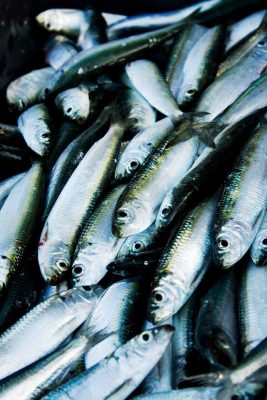
Image by andreas160578 from Pixabay
This ‘shifting baseline’ has occurred around the globe as changes brought on by overfishing already depleted fish stocks have had devastating effects on both the availability of marine catches and the jobs that depend on them.
In this Fisheries Centre Research Report, members of the Fisheries Economics Research Unit (FERU) used data from the Global Fishing Index, a global assessment of the sustainability of over 1,400 fish stocks conducted by the Minderoo Foundation, to estimate the catch loss – the difference between the maximum sustainable yield of a fish stock and its catch in the most recent year – arising from overfished fish stocks, and the socio-economic impacts that are associated with this catch loss. They evaluated 482 fish stocks that the GFI had identified as ‘overfished’ in terms of catch loss, the landed value of the loss, and the number of jobs associated with marine fisheries that would be affected worldwide. The results are astounding: they estimated that we are losing around US$39 billion in potential lost landed value annually, and an estimated 668,479 associated full-time equivalent jobs. Moreover, most affected by those job losses are coastal communities, primarily in Latin America and the Caribbean, as closely thereafter in Europe and North America. No area of the world will be untouched by these losses.
This technical report supports what researchers have been saying for many years – we urgently need to rebuild overfished fish stocks in order to recoup the current economic and social benefits that are inescapable with current – and predicted – catch loss. In this way, we achieve Infinity Fish, i.e., the idea that if managed sustainability wild fish stocks can continue to give us these benefits forever.
All Fisheries Centre Research Reports
Tags: faculty, FCRR, FERU, fish stocks, IOF Research Associates, Louise Teh, Lydia Teh, marine catches, overfishing, Publications, Rashid Sumaila, Research, shifting baselines, social sciences